

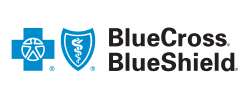




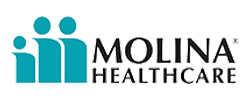





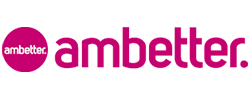
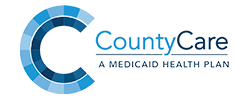
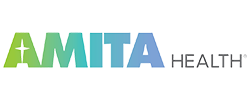
Some HMO insurance plans require members to obtain a referral from their primary care provider before receiving services at an urgent care. Please contact your insurance carrier's customer support for more coverage details.
Metro Urgent Care does offer self-pay options for those who are uninsured or wish to not use their insurance plan. For more information about our self-pay prices, please contact our team by calling (773) 341-2897.
Beneficiary: An individual who receives the benefits from an insurance policy if the policyholder dies or becomes unable to receive those benefits.
Co-pay: A fixed amount of money that a policyholder pays out of pocket for a specific healthcare service, usually at the time of service.
Coinsurance: The percentage of the cost of covered healthcare services that a policyholder is responsible for paying after the deductible has been met.
Cost Sharing: The collective amount that policyholders are responsible for paying towards their healthcare costs, which may include co-pays, coinsurance, and deductibles.
Deductible: The amount of money a policyholder must pay out of pocket for healthcare services before their insurance coverage kicks in.
Employer-Sponsored Coverage: A type of health insurance plan provided by an employer to its employees as part of their benefits package.
Formulary: A list of prescription drugs that an insurance plan covers and typically categorizes them based on their cost.
Gold Health Plan: A type of health insurance plan with a high premium but lower out-of-pocket costs.
Health Coverage: Insurance that covers the cost of medical and surgical expenses incurred by the policyholder.
Health Insurance: A type of insurance coverage that pays for medical and surgical expenses incurred by the policyholder.
HMO: HMO stands for Health Maintenance Organization, which is a type of health insurance plan that requires policyholders to choose healthcare providers from a specific network.
In-network: Refers to healthcare providers who are contracted with an insurance plan and have agreed to provide healthcare services to policyholders at a negotiated rate.
Individual Health Insurance Policy: A type of health insurance plan that is purchased by an individual rather than provided by an employer.
Medicaid: A government-funded program that provides healthcare coverage to low-income individuals and families.
Medicare: A government-funded program that provides healthcare coverage to individuals over the age of 65, as well as those with certain disabilities and medical conditions.
Open Enrollment Period: A specified period of time during which individuals can enroll in or make changes to their health insurance plan.
Out-of-network: Refers to healthcare providers who are not contracted with an insurance plan and therefore may charge policyholders higher rates for healthcare services.
Out-of-pocket: The amount of money that a policyholder is responsible for paying toward their healthcare expenses.
Policy Year: The period during which an insurance policy is in effect, typically one year from the date of purchase.
PPO: PPO stands for Preferred Provider Organization, which is a type of health insurance plan that allows policyholders to see both in-network and out-of-network healthcare providers.
Premium Tax Credit: A tax credit provided to individuals to help lower the cost of their health insurance premiums.
Recipient Identification Number (RIN): A unique identifier assigned to individuals who are enrolled in government-funded healthcare programs such as Medicaid.
Silver Health Plan: A type of health insurance plan with moderate premium and out-of-pocket costs.
Subsidized Coverage: A type of health insurance coverage that is partially or fully paid for by the government or another organization.